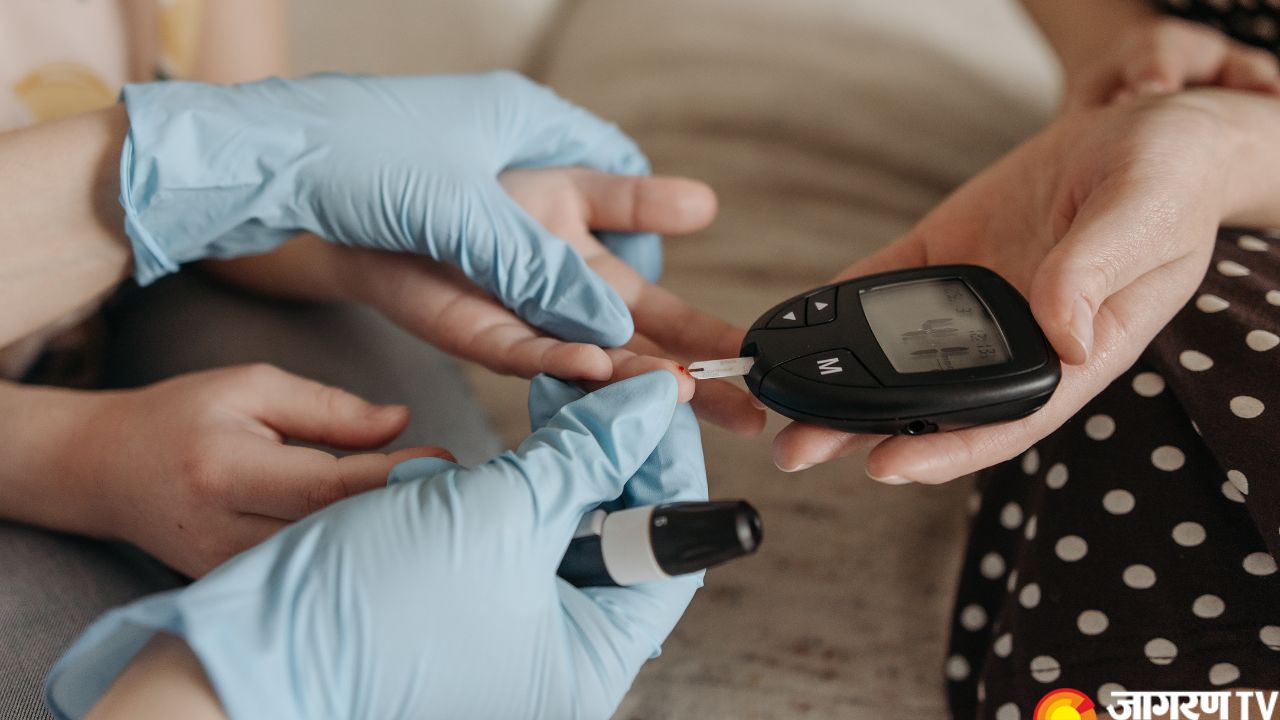What is Long Covid? Know How How Spot Symptoms, Treatment and More. Watch Video
Despite the fact that COVID-19 cases are decreasing, 10 to 20% of infected people have long COVID symptoms. They are more likely to experience fatigue, shortness of breath, a persistent cough, chest pain, muscle aches, loss of taste and smell, depression, or anxiety. One should consult a doctor and seek medical attention as needed. Watch this video to learn about the disease's persistent symptoms.
What is Long Covid?
According to WHO, If you have recovered from COVID-19 but are still experiencing certain symptoms you could have post COVID-19 condition or "long COVID".
Symptoms of Long Covid
The most common symptoms of post COVID-19 condition or long COVID are shortness of breath, cognitive dysfunction, also known as brain fog, and fatigue. These are the most common. However, over 200 different symptoms have been reported in patients. So that's a long list. Other symptoms that patients or people may experience include chest pain, difficulty speaking, anxiety or depression, muscle aches, fever, loss of smell, and loss of taste. So the list is quite long, but only the top three have been described.
How long does Long Covid Last?
The duration or length of time that this condition lasts is still unknown. The condition has been described as lasting three months, but some have said it can last up to six months and possibly up to nine months. But, as you know, the pandemic has only been going on for about a year and a half. More research is needed to follow patients who develop post COVID-19 condition or long COVID and see when their symptoms will hopefully resolve.
Treatment for Long Covid
Any patient or person who develops a post-COVID-19 condition should seek medical attention. Care pathways should be multidisciplinary, which means they should include your primary care provider as well as relevant specialist rehab professionals, social care workers, psychosocial workers, and mental health professionals. That is the type of care that people with COVID-19 should receive.
About vaccination and post COVID-19 condition
According to WHO, there is still much to be discovered about the effects of vaccination and the post-COVID-19 condition. However, it is abundantly clear that preventing SARS-CoV-2 infection and COVID-19 is the most effective way to avoid the development of post-COVID-19 syndrome or long COVID. So, we know that using vaccines reduces hospitalisation and mortality, so everyone who is eligible should use them. Public health measures such as mask use in appropriate settings, physical separation, and hand-washing are also critical in the prevention of COVID-19.









